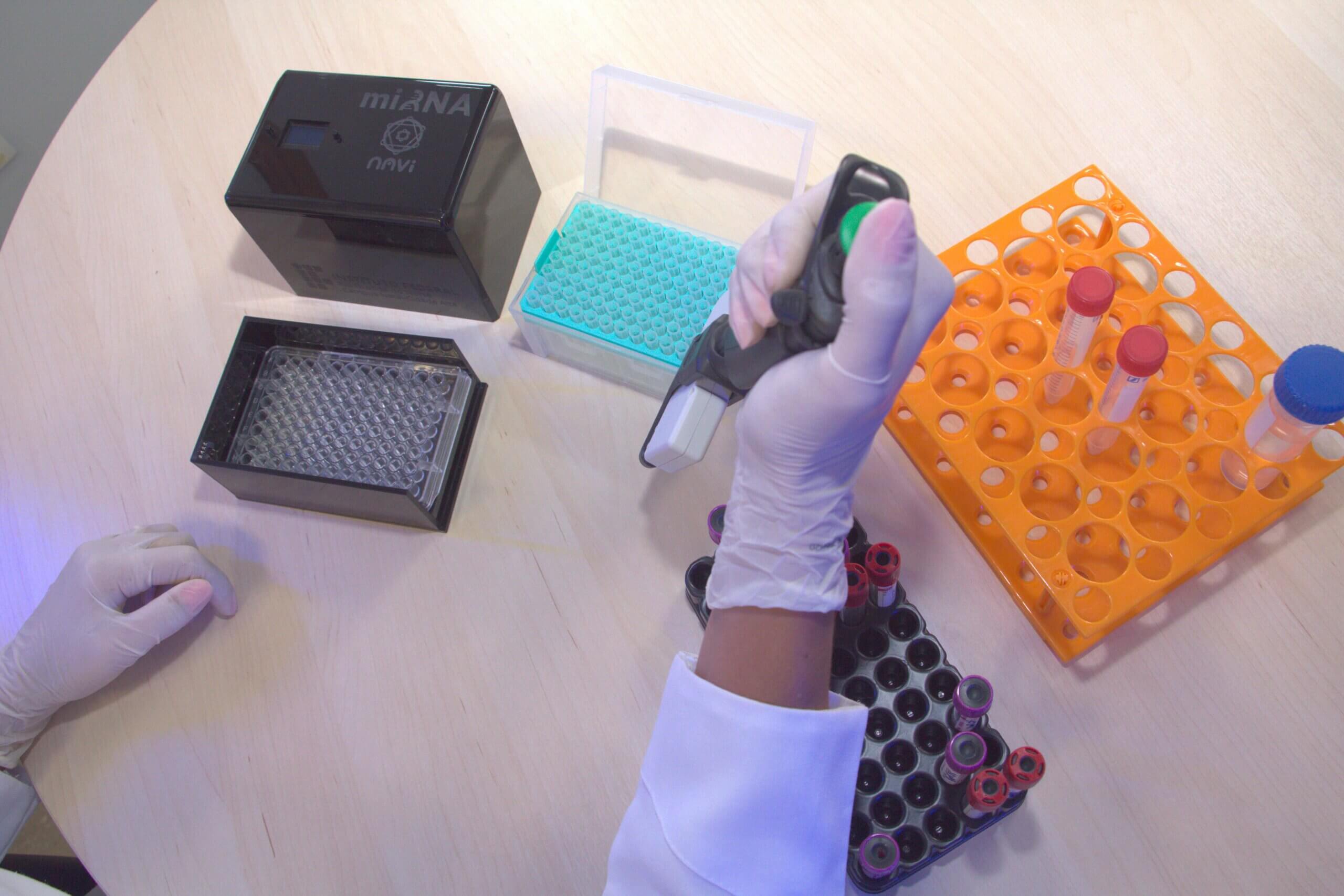Researchers from the Laboratory for Technological Innovation in Health (LAIS/UFRN) and the Advanced Center for Technological Innovation (NAVI/IFRN) have developed a device capable of detecting cancer cells early, from a small blood sample.
According to the statement, the project called “MiRNA” aims to develop a new device for diagnosing cancer. Initially, three types are being investigated, but it is possible to use this device to diagnose other types of this disease.
“We work with three main types of cancer, breast, prostate and cervical. This platform can be customized to detect other types of cancer in addition to these types.”“, explained Leonardo Lima, researcher at LAIS/UFRN.
Lima also adds that because this tool recognizes cancer cells early, it is possible to use a therapeutic strategy much earlier, at a stage before the first symptoms of the disease appear.
Disease scenario
Data recently released by the International Agency for Research on Cancer (IARC) of the World Health Organization (WHO) indicate that more than 35 million new cases of cancer are expected to occur in 2050, representing a 77% increase compared to the estimated 20 cases. One million cases in 2022. And when we turn our attention to Brazil, the National Cancer Institute (INCA) has warned that the country should register 704 thousand new cases of cancer annually, in the period 2023-2025.
Within this scenario, experts recommend physical activity, healthy eating habits and reducing alcohol consumption and cigarette use, for example, as preventive measures. Technology applied to improve people's quality of life, in the context of digital health, should also be increasingly used to prevent this disease. Anticipating the increase in these demands in public health is part of the commitment of researchers working in the collaboration that resulted in MiRNA.
With information from LAIS
The full article is in UFRN portal

“Wannabe internet buff. Future teen idol. Hardcore zombie guru. Gamer. Avid creator. Entrepreneur. Bacon ninja.”

